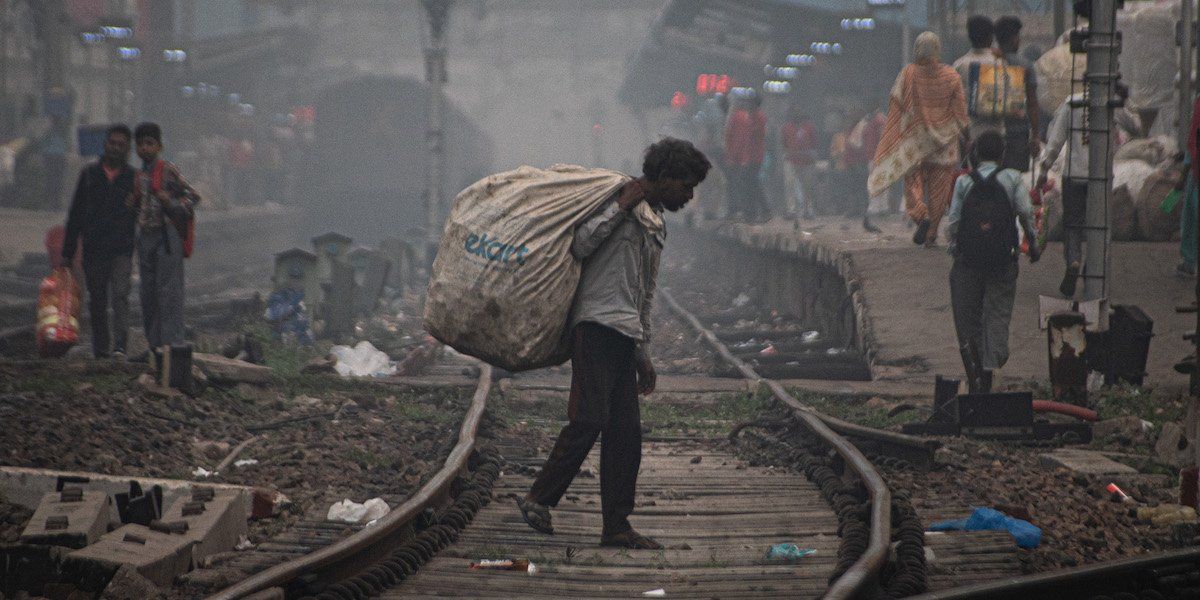50: Particulate matter in the air over Delhi reached
50 times the safe level on Monday, causing the Indian government to close schools, halt construction, and bar certain trucks from entering the capital. The toxic smog is the result of a perfect storm of cold temperatures, smoke from farmers burning crop residue, and emissions from cars and factories.
1,700: At least 1,700 communities in Honduras have been isolated by flooding caused by Tropical Storm Sara, which dumped nearly 20 inches of water over four days in the north of the country. At least nine bridges were destroyed and 19 more damaged, complicating efforts to reach the affected communities.
5 billion: Greek Prime Minister Kyriakos Mitsotakis said his government plans to pay down at least $5.3 billion dollars in debt in 2025, well ahead of schedule, thanks to strict fiscal discipline. Greece still has the highest debt-to-GDP ratio in the Eurozone, but has markedly improved since the country’s debt crisis a decade ago.
21:Joseph Maldonado-Passage — much better known as “Joe Exotic” from the bizarre 2020 Netflix hit documentary “Tiger King” — asked President-elect Donald Trump to pardon him from his 21-year prison sentence for attempting to arrange the murder of his tiger rival Carole Baskin. (It’s a hell of a doc). That’s not all: the feline enthusiast also wants to join Trump’s cabinet as the director of the US Fish and Wildlife service.
